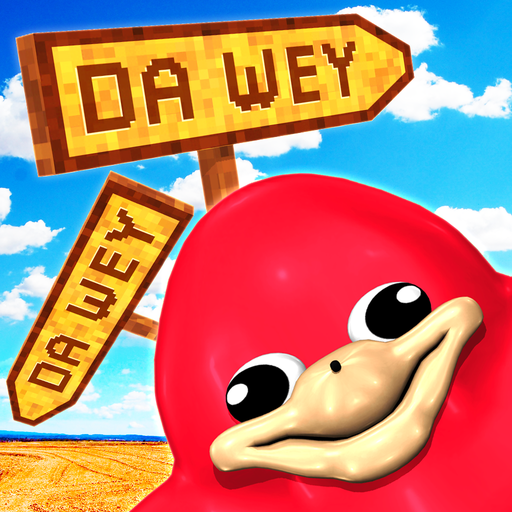
A $25,000 Monopoly GO Spending Spree Highlights Microtransaction Risks
A recent incident involving a 17-year-old who reportedly spent $25,000 on in-app purchases for Monopoly GO underscores the potential financial pitfalls of microtransactions in free-to-play games. While the game is free to download, its reliance on microtransactions for progression and rewards has led to significant spending by many users.
This isn't an isolated case. Other players have reported spending substantial sums, with one user admitting to spending $1,000 before deleting the app. However, the $25,000 expenditure reported on Reddit by a step-parent seeking advice significantly surpasses previous accounts. The post, since removed, detailed 368 individual purchases made through the App Store.
The situation highlights a common problem: the difficulty of obtaining refunds for unintentional in-app purchases. Many commenters on the Reddit thread suggested that Monopoly GO's terms of service likely hold the user responsible for all transactions, regardless of intent. This practice is prevalent in the freemium gaming model, a strategy exemplified by Pokemon TCG Pocket's $208 million revenue in its first month.
The Ongoing Debate Surrounding In-Game Microtransactions
The Monopoly GO incident adds to the ongoing controversy surrounding in-game microtransactions. Similar issues have led to lawsuits against gaming companies, such as the class-action lawsuit filed against Take-Two Interactive concerning NBA 2K's microtransaction model. While this specific Monopoly GO case may not reach litigation, it underscores the widespread frustration caused by these monetization strategies.
The profitability of microtransactions is undeniable. Games like Diablo 4 have generated over $150 million in revenue through this model. The strategy's effectiveness lies in its ability to encourage smaller, frequent purchases rather than larger, one-time investments. However, this very characteristic contributes to the criticism; the cumulative effect of these small purchases can lead to unexpected and significant spending.
The Reddit user's predicament serves as a cautionary tale, illustrating the ease with which significant sums can be spent in games like Monopoly GO. It also highlights the need for greater transparency and consumer protection regarding in-app purchases.









